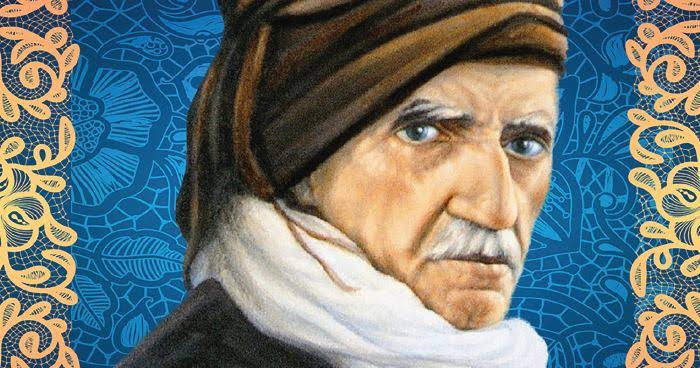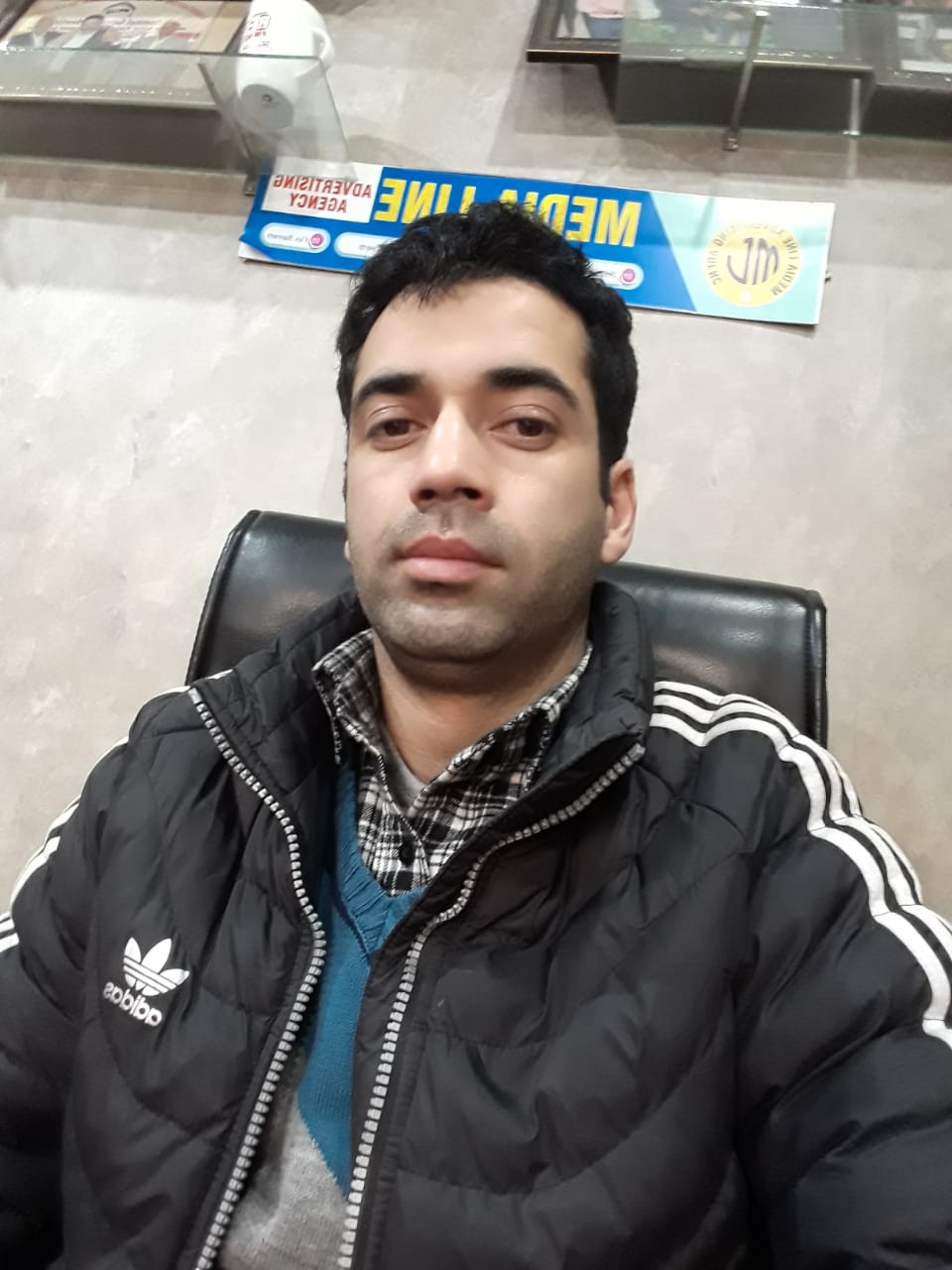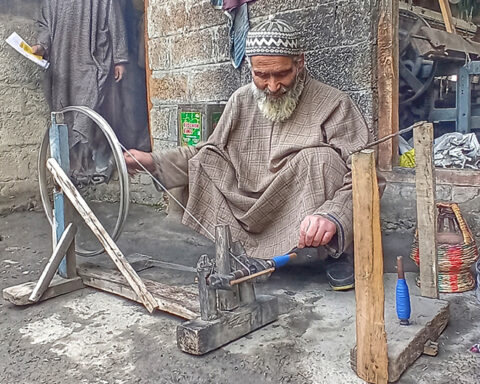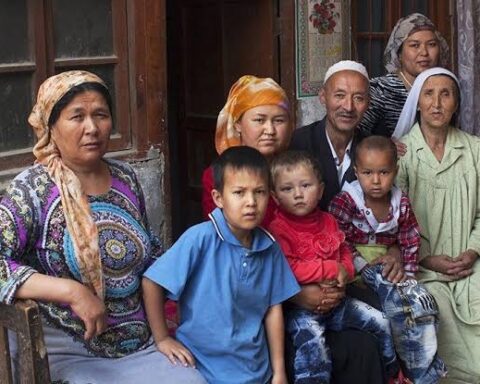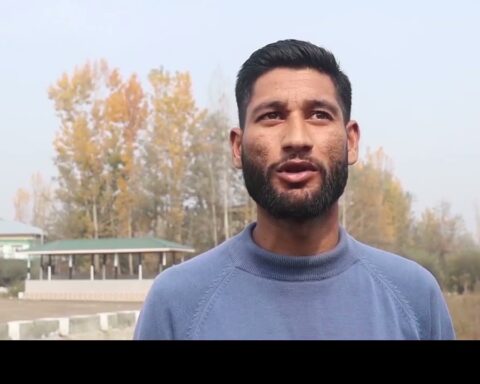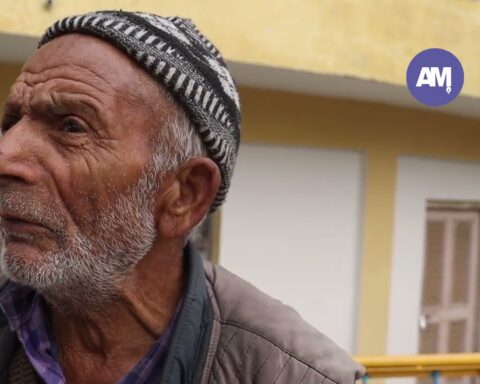Everyone is interested in purpose and meaning in our lives. And we must become deeply concerned about it. We should not take life for granted we have to set a goal for our life and that is called purpose “what am I doing with my life?” Why I have been created? What are my responsibilities? Then we attend to clarify our real values. The most effective lifestyle, however, results from a conscious decision to live purposefully before we face a triggering event. Purpose starts with the acceptance of basic truth that who we are and what we do does make a difference. Purpose provides meaning for life. It is not something to be delivered – it is something to be acted upon.
Bediuzzaman Said Nursi and his life
“Bediuzzaman Said Nursi was born in eastern part of Turkey in 1877. He was a scholar of the highest standing having studied not only traditional religious sciences, but also modern science and technology. Therefore he was titled Bediuzzaman; wonder of the Age in his youth as a result of his outstanding ability and learning. Bediuzzaman died in 1960 at the age of 83 after struggle and self-sacrifice in the cause of Islam the big work and achievement done by Bediuzzaman Said Nursi, could be seen through His book Risale-I – Nur collection about 5000 pages in which different subjects are cited. In the first reading, it may seem as an exegesis of the Glorious Qur’an but at the second and third reading it may be different. Aspects of some other branches of knowledge such as theology, psychology, history, philosophy, cosmology, economics, physics, medicine, law and technology will all prove an integral part of Risale-i Nur. Bediuzzaman Said Nursi considers Al-Iman (Faith) as his main goal in his writings, but what is faith? How it can be seen as a foundation for human progress? In attempt to answer these questions, the concept of faith and progress should be first defined.”[1]
Islam and purpose of life
Allah has made service of mankind a part and parcel of His worship, which is to serve mankind, regardless of race, color, religion and geographical identity. That is why monastic life is not allowed in Islam because it excludes social service. Allah wants us to discover his love and blessings in the act of service and love for others. He doesn’t reveal Himself to us directly, rather he reveals Himself to us through the pain, sorrow and suffering of a human being. The Holy Prophet Muhammad (PBUH) said;
“On the day of judgments God Almighty will ask a man, ‘O Son of Adam, I was sick but you did not come to visit me.’ Man, surprisingly, will ask the Lord that how is it possible? Allah will reply, ‘did you not know that a man got sick near you and you did not go to visit him, you would have found me there if you visited him’. Similarly Allah will ask a man, ‘O Son of Adam, I asked you for food but you did not feed me’. Man surprisingly will say, ‘how is it possible that you need such thing? Allah will reply, ‘do you not know that a man was hungry and he asked for food from you but you refused, if you had fed him, you would have found me there.”
Bediuzzaman Said Nursi and purpose of life
The most important aim of our life which is called Purpose and purpose begins with clarity. Clarity simply means that we have a specific image of what we want. God has not left us in dark to wonder and guess life but his graciousness and beneficence has bestowed upon us various sources of guidance. The Qur’an caters for the total sensory and perceptive capability of the individual. Therefore, God Almighty provides guidance to every individual through his senses. He enjoys the world of becoming through his senses. The sensory complex helps him in grasping the physical significance of the world of phenomena. This source of guidance is stated in the Holy Qur’an:
1. “And pursue not that of which you have no knowledge; for every act of hearing, or of seeing or of the heart will be asked.” [The Holy Qur’an, Surah 17 Verse 36]
Qur’an further declares:
2. “Say: it is He, Who has given you life and assigned to your ears and eyes and heart (to listen, to see, and to think).”[The Holy Qur’an, Surah 67 Verse 23]
“To talk about the foundation of faith in Islam, it is vital to read the hadith of the prophet (SAW) which was reported by Umar Bin al-Khattab (R.A) where Jibril (Angel) asked the prophet (SAW) about faith. He said: “Iman” faith is to believe in Allah, His angels, His books, His messengers, and the last Day, and to believe in destiny, whether good or bad. In the Hadith, “Iman” (faith) has already been confirmed by Umar- Bin al-Khattab as focusing on the essentials of Islam. Special reference is made to the good behavior of human being in terms of sincerity; honesty and regularity in different forms of worship are in relationship with faith. General speaking, Islam commands all noble morals, and forbids all ill and despicable manners, it also commands righteousness and forbids wrong attitudes Allah says: “Verily Allah enjoins Al-Adl. i.e. justice and worshipping none but Allah and Al-Ihsaan and giving help to Kith and kin and forbid Al-fahshaa‟ Al-Munkar and Al-Baqhy. If these principles are well applied human progress will be effective. Therefore it’s important to assess the philosophy of Bediuzzaman Said Nursi to understand the dimension of faith in progress”.
“Bediuzzaman Nursi goes beyond what other scholars think of progress. For him the secret of human progress can be found in faith which makes human to scarify himself for the nation’s benefits above personal benefits. According to him, Muslim should expand all his efforts and energy for society, for such sacrifice would be rewarded by Allah not only in this world but also in hereafter For instance, because of the national feeling other people have taken from us, one of them says: should I die, let my nation live, for I have an everlasting. Life in my nation they have taken these words from us and it is the firmest foundation in their progress. These words proceed from the religion of truth and the truths of belief. They are our property, the property of the believers.”
According to SAID NURSI, the aim of all these prophets was not self-promotion but the improvement of mankind. These Prophets were raised to break the shackles of man’s monopolization of man and to lay the foundations of a New World Order that insures global peace and justice regardless of race, color and geographical identities by instilling the fear of God into man. He writes; Hazrat Bediuzzaman SAID NURSI prefers to be guided by Prophets towards the discovery of purpose in life. He states at another place; Later the King (the Creator) appointed a Supreme Commander (Prophet Muhammad PBUH) as teacher, to make known the purpose of the palace (World) and the meaning of its contents; to describe its Maker and its contents to the people, make known the secrets of the palace’s embellishments, teach what the arts within it were pointing to”
Conclusion
A great Scholar SAID NURSI’s approach for the purpose of life is based on the concept of Hadith and Quran. He makes us aware that we cannot arrive at our life’s purpose by starting with a focus on ourselves. We must begin with creator, we were made by God and for God and until we understand that, life will never make sense. It is only in God that we can understand ourselves and can discover our origin, our identity, our purpose and our destiny. Every other path leads to the dead end and it will not give us any satisfaction.
SAID NURSI relies on “God’s Will” to discover the real purpose of life. He does not allow himself or his readers to rely on any so-called meditational techniques or Naturalist and Materialist philosophies.
Nursi’s clears and defines that man’s true purpose of life is to worship God, but worship for the sake of ritual is meaningless but it needs sincerity and honesty and without any worldly gain . and the real purpose of Man is supposed to work for the global peace, justice, prosperity and the betterment of creation.
On the other hand, the line of Prophethood considered in the manner of a worshipper, that the aim of humanity and duty of human beings is to be molded by God-given ethics and good character, and, by knowing their impotence to seek refuge with Divine power, by seeing their weakness to rely on Divine strength, by realizing their poverty to trust in Divine mercy, by perceiving their need to seek help from Divine riches, by seeing their faults to ask for pardon through Divine forgiveness, and by realizing their deficiency to be glorifiers of Divine perfection.
According to SAID NURSI, no such worship is accepted and even regarded as worship if it is not linked with the development and welfare of other human beings and environment regardless of their race, color and geographical identities

